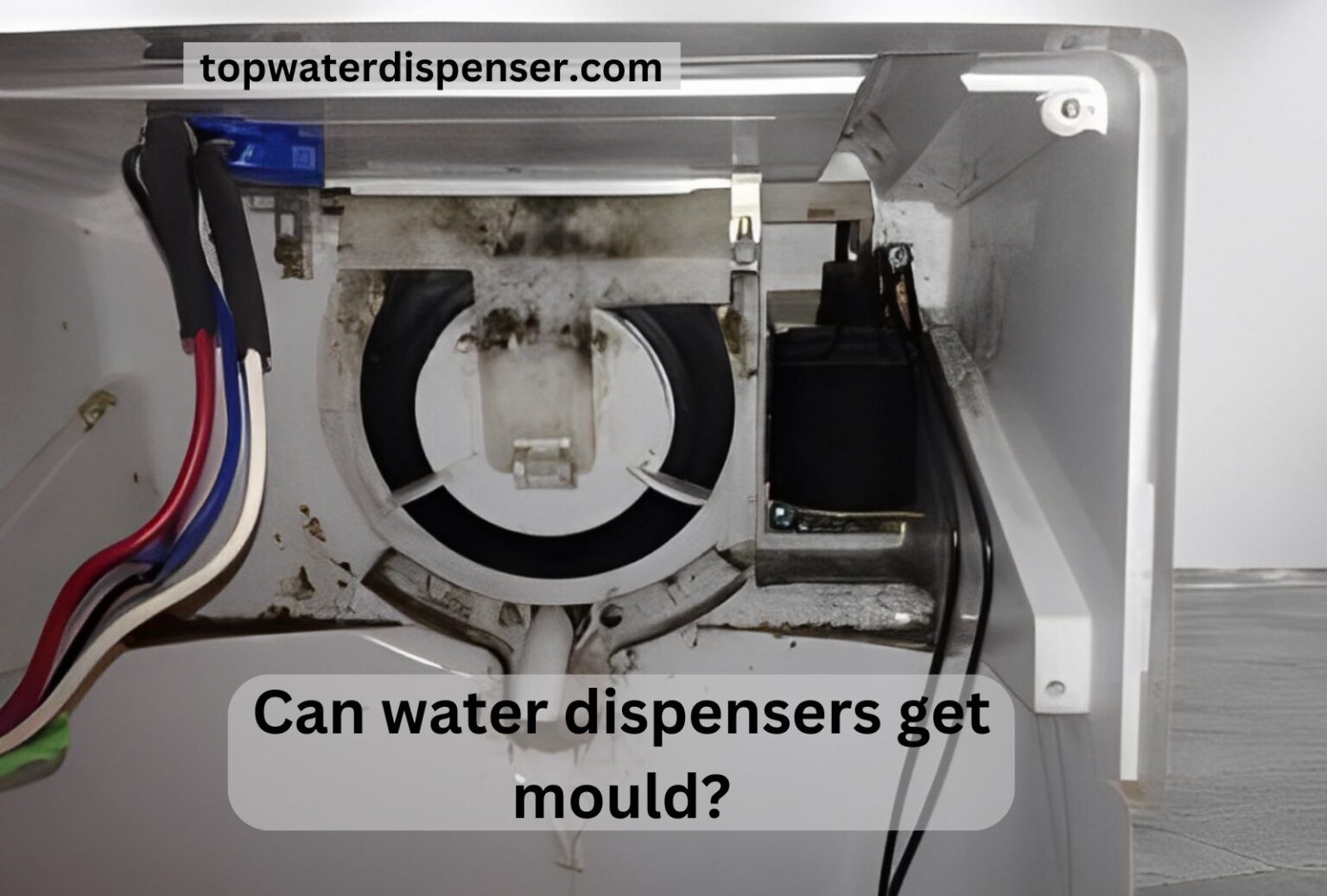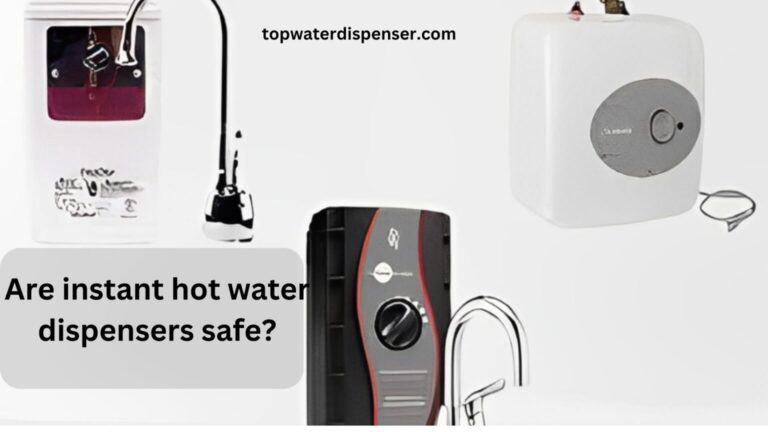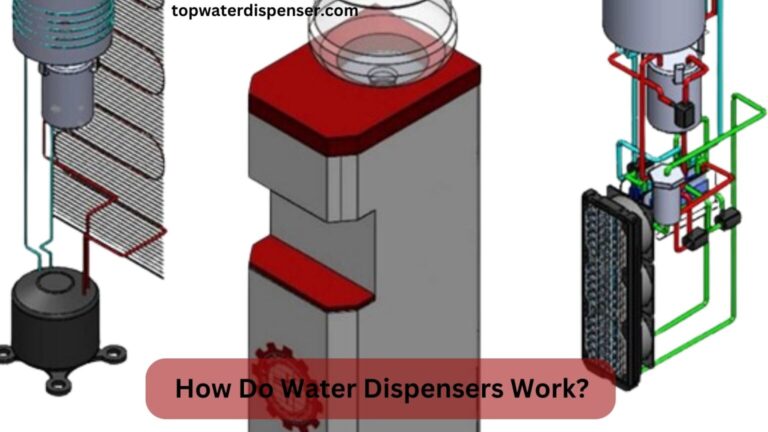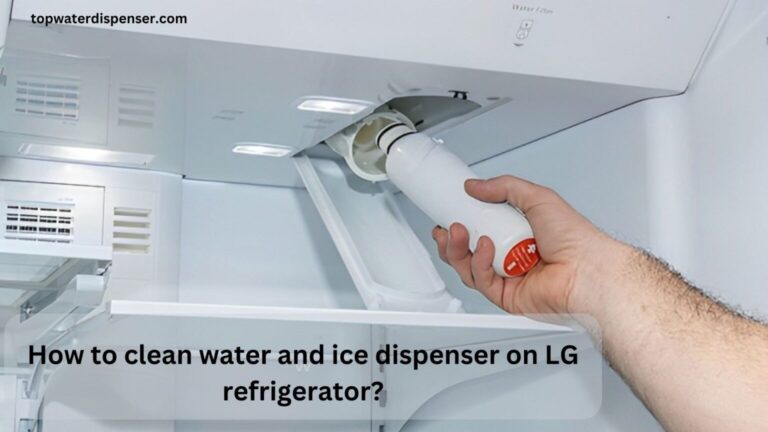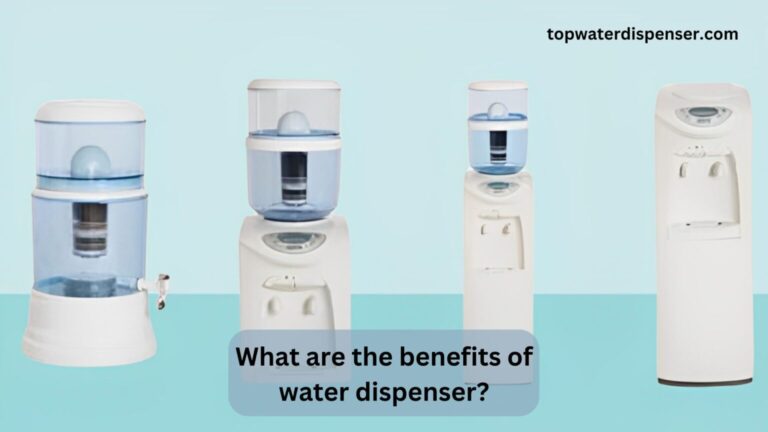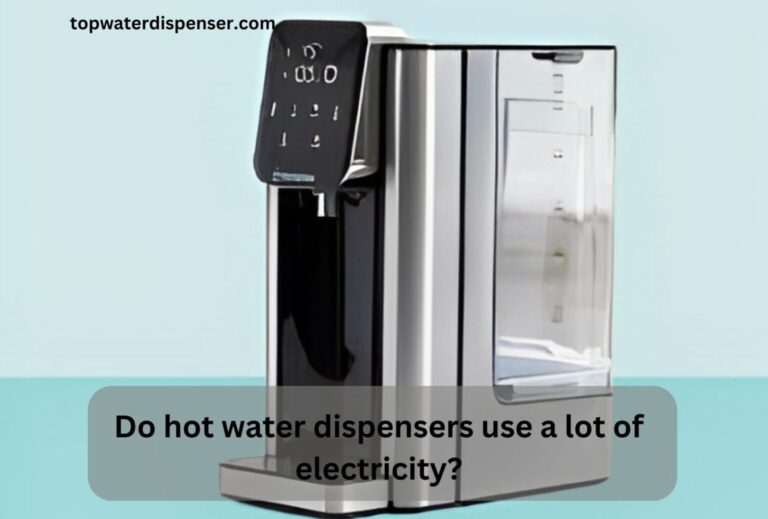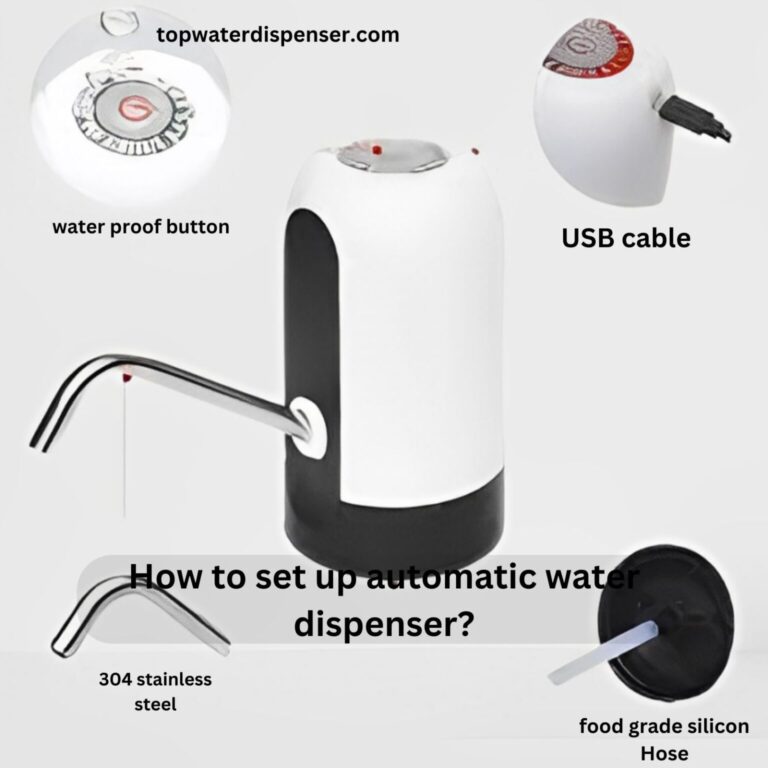Can water dispensers get mould?
Water dispensers, if not regularly cleaned and maintained, can indeed develop mould—a common problem in household and office settings. The “Can water dispensers get mould?” highlights preventive strategies.
To prevent mould, regularly drain, clean, and dry the dispenser every 2 weeks. Use a solution of white vinegar and water for an eco-friendly, effective cleanse. Always replace water bottles with sealed, uncontaminated ones.
Discover the comprehensive steps to keep your water dispenser pristine and mould-free. Read our guide for the latest expert advice in water dispenser maintenance.
Can water dispensers get mould? Guidance of 2024 (6 Steps)
If you are facing the same problem, Can water dispensers get mould? Must read the following steps!
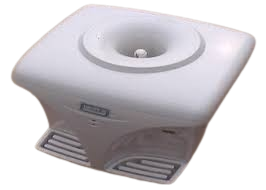
Step 1: Regular Inspection
Check the dispenser weekly for any signs of mould or musty odors. Look inside the taps, the drip tray, and around the bottle seal. Early detection can prevent a full-blown mould infestation and safeguard your health.
Step 2: Routine Draining
Drain all water from your dispenser every two weeks. This includes the cooling and heating reservoirs to prevent stagnant water from becoming a breeding ground for mould and bacteria.
Step 3: Cleaning with Vinegar Solution
Prepare a mixture of white vinegar and water in a 1:1 ratio. Disassemble the water dispenser’s removable parts and soak them in the solution for an hour. Rinse thoroughly with clean water afterward.
Step 4: Scrubbing Components
Use a brush or sponge designated for this purpose to scrub the interior surfaces of the dispenser. Focus on hard-to-reach areas where mould is likely to grow. Always ensure that all parts are scrubbed clean.
Step 5: Air Drying
After cleaning, allow all components to air dry completely before reassembling. Drying is crucial because mould thrives in moist environments, so eliminating moisture can inhibit its growth.
Step 6: Safe Water Bottle Replacement
When changing water bottles, make certain they come from a reputable source and are properly sealed. Inspect the new bottle for cleanliness and integrity before placing it on the dispenser to avoid contamination.
Topics:
The comprehensive topics related, Can water dispensers get mould?
Topic 1: Understanding Mould Types and Health Risks
Learn about the different species of mould that can infest water dispensers, such as black mould, and the potential health risks they pose. We delve into the symptoms of mould exposure and the long-term impact on well-being.
Topic 2: The Importance of Water Quality in Dispensers
Explore how the quality of water can affect mould growth in dispensers. We provide guidelines for assessing water source quality and how impurities in water can contribute to the development of mould.
Topic 3: Advanced Cleaning Techniques for Dispensers
Discover advanced techniques for cleaning water dispensers, including the use of specific, safe cleaning agents and tools designed to tackle persistent mould and mineral deposits that ordinary cleaning might miss.
Topic 4: Best Practices for Maintaining Water Dispensers in Office Spaces
Gain insights on creating a maintenance schedule that suits the high usage patterns of office water dispensers. Learn about communal responsibility and the role of facility management in keeping water dispensers clean and hygienic.
Topic 5: The Role of Technology in Water Dispenser Hygiene
Uncover how modern technology, like UV purification systems and antimicrobial components, is being employed to maintain the cleanliness of water dispensers and prevent the growth of mould and bacteria without constant manual intervention.
Conclusion:
In essence, the “Can water dispensers get mould?” underscores that with diligent maintenance and adherence to the outlined steps, the risk of mould in water dispensers can be effectively mitigated. Employing these practices not only sustains the health of individuals but also extends the longevity and efficiency of dispensers. Let this guide be your compass towards ensuring a clean and safe hydration source in both home and office environments.
FAQs:
people also ask, Can water dispensers get mould?
Yes, water dispensers must be cleaned every two weeks to prevent mould, bacteria growth, and ensure safe drinking water.
Water dispensers can harbour bacteria and mould, leading to unpleasant odors, bad taste, and health risks if not cleaned and maintained properly.
Can bacteria grow in water dispenser?
Yes, bacteria can proliferate in water dispensers if they are not regularly drained, cleaned, and sanitised to prevent contamination.
To remove mold from a water dispenser, thoroughly clean all parts with a vinegar solution, scrub surfaces well, rinse, and allow to fully air dry before reassembling.
Yes, mould can grow in water dispensers due to stagnant water and humid conditions, which foster a suitable environment for mould spores to proliferate.

